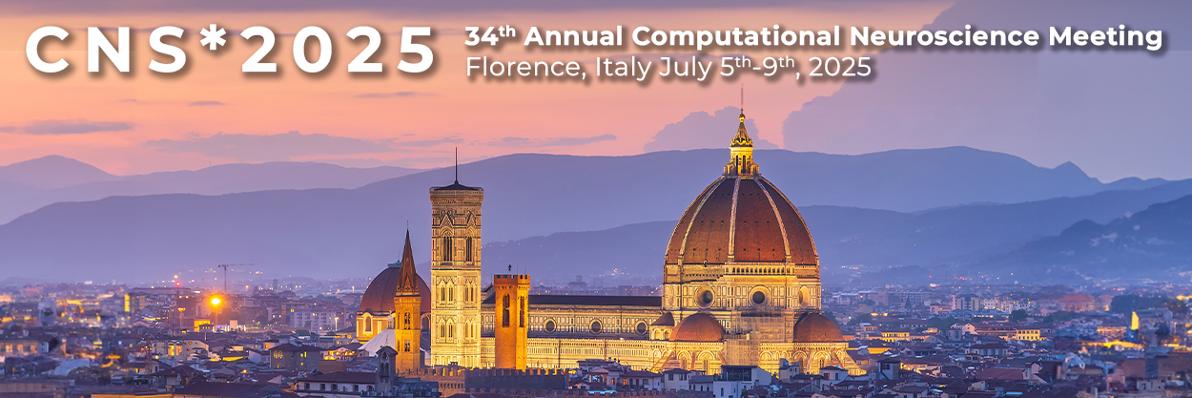Dont miss the annual international meetings of the Brain Connectivity Workshop and the BrainModes conference!
Brain Connectivity Workshop BrainModesHosted in a different country every year, these events are a great opportunity to meet leading experts from computational neuroscience, neuroscience methodology and experimental neuroscience!
CNS 2025 Florence
Brain Digital Twins: From Multiscale Modeling to Precision Medicine on July 9th
This workshop will explore how brain digital twins are revolutionizing research into pathological brain conditions and transforming the landscape of precision medicine. Participants will learn how these models work and how they integrate data and tools from different fields, such as molecular neuroscience, network theory and dynamical systems. We will discuss how digital twins can help identify early biomarkers able to characterize pathological states and predict disease progression. Another key topic will be the use of digital twins as in silico environments for testing potential treatments before applying them in clinical scenarios.Through real-world examples and interactive sessions, we will tackle some of the challenges that come with this innovative approach, such as achieving anatomical precision, handling large datasets, and ensuring ethical use in patient care. The focus will be on making these cutting-edge tools accessible and impactful, not just for researchers but also for clinicians aiming to deliver more effective, tailored care to their patients.
Modelling extracellular potentials: priciples, methods and applications on July 9th
Florence, Italy
Join us at CNS 2025 in Florence, Italy. We will be contributing to two workshops:
Simulating large-scale neural activity is essential for understanding brain dynamics and linking in silico models to experimentally measurable signals like LFP, EEG, and MEG. These simulations, ranging from detailed biophysical models to simplified proxies, bridge microscale neural dynamics with meso- and macro-scale recordings, offering powerful tools to interpret data, refine analyses, and explore brain function. Recent advances have demonstrated the clinical and theoretical value of such models, shedding light on oscillations, excitation-inhibition balance, and biomarkers of neurological disorders like epilepsy, Alzheimer's, and Parkinson’s disease. This workshop will cover the latest methodologies, hybrid modeling approaches, and applications of brain signal simulations.
